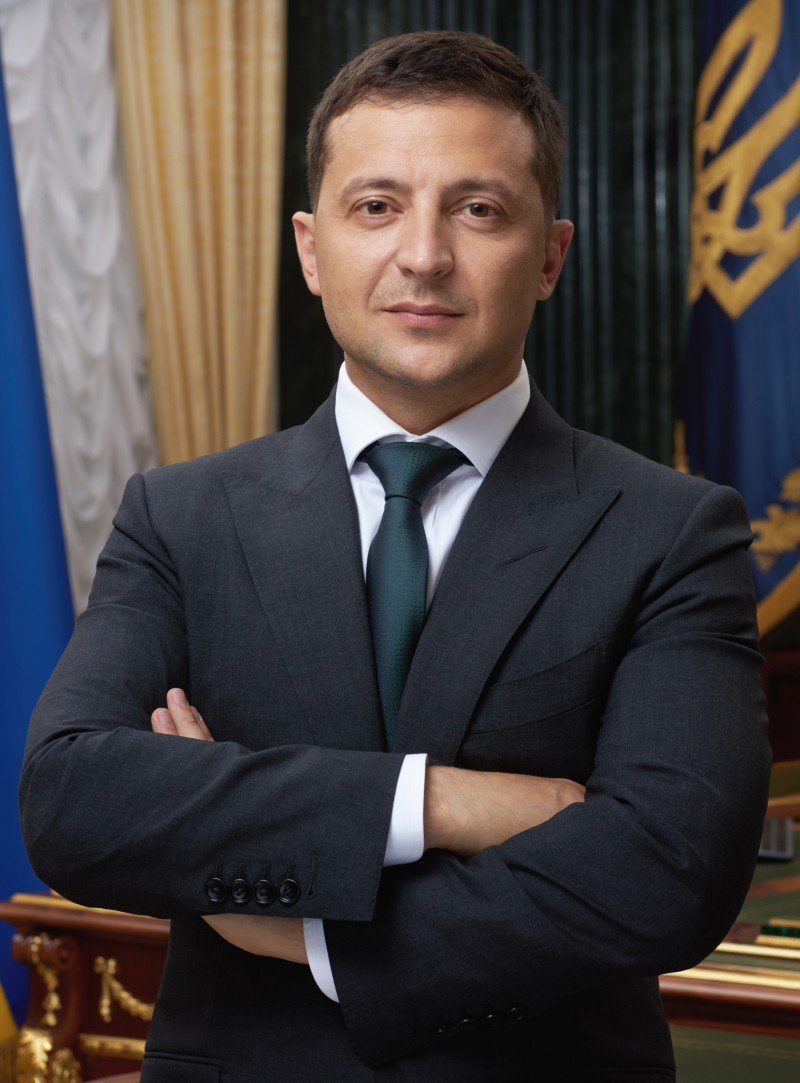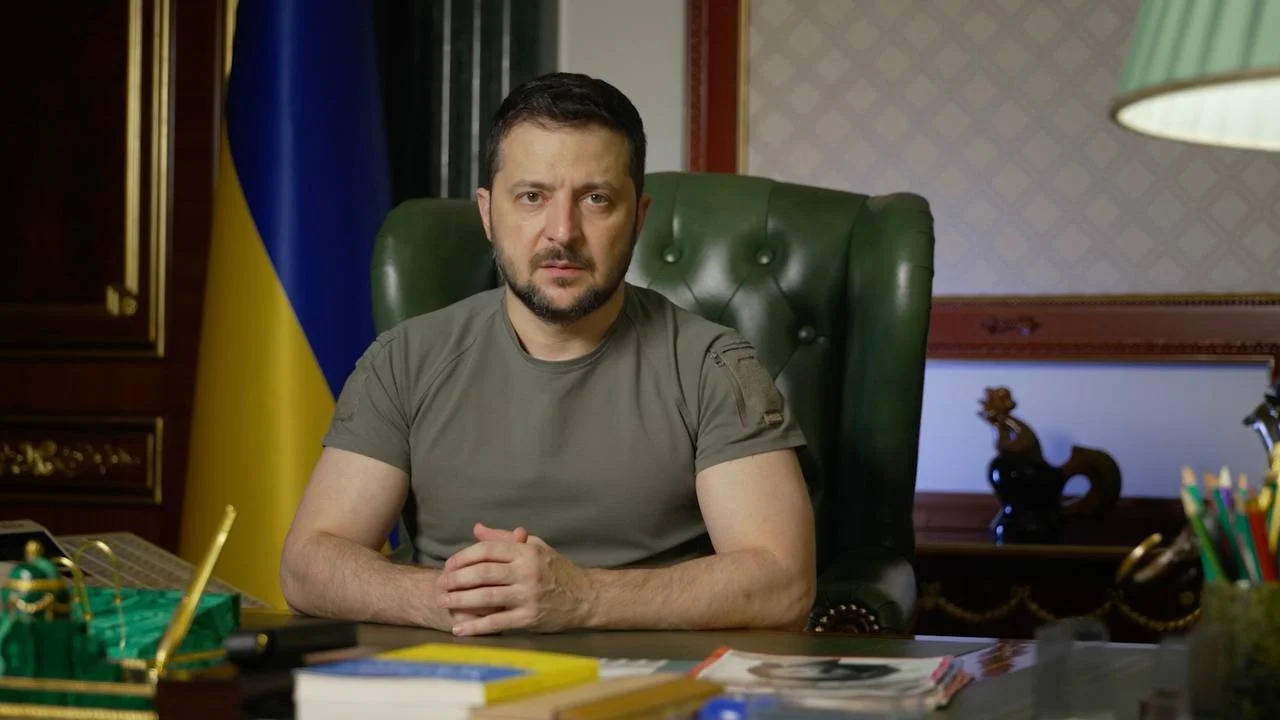
“Devotion, bravery, freedom. Our land - our independence. ”
“SLAVA UKRAINI:
A PSYCHOBIOGRAPHICAL CASE STUDY OF VOLODYMYR ZELENSKYY’S PUBLIC DIPLOMACY DISCOURSE”
Volodymyr Zelenskyy - 6th President of Ukraine
We defended the independence of Ukraine, and Russia cannot change that already, but we still have to go the way to victory - address by President Volodymyr Zelenskyy.
Strong people of our indomitable country!
Today is exactly 8 months of full-scale war. What has been achieved over this time?
We have defended the independence of our state - and Russia cannot change that already. We are liberating the Ukrainian land step by step. Donbas, Kharkiv region, Kherson region are now heard. But Zaporizhzhia region and Crimea will be heard as well - the time will come and all of Ukraine will be free.
Ukraine is breaking the so-called "second army of the world" - and from now on, Russia will only be a beggar. They are begging for something in Iran, they are trying to squeeze something out of Western countries making up various nonsense about Ukraine, intimidating, deceiving...
Never again will Russia be a subject that can dictate something to someone. It no longer has the potential to dictate. The world sees that. Russian potential is being wasted now on this madness - on a war against our state and the entire free world.
There was gas influence - not anymore. There was military influence - it is evaporating. There was political weight - now there is an increasing isolation. There were ideological ambitions - now there’s only disgust.
And this is a very important change in the configuration in our part of Eurasia - the more of its potential Russia loses now, the more real freedom all peoples will get both next to Russia and within its borders. Ukraine - first of all.
On February 24, the Kremlin could not even think about it, although they should have. But now, on October 24, there is no Russian official or propagandist who does not understand where all this is going for them. They started to recall 1917 long ago. The feeling of failure in Russia is getting stronger.
But, realizing all this, we have no right to relax. We still have to go the way to Ukrainian victory. This is a difficult path.
We’ll have to pass this winter, which will be the most difficult in our history. To do the necessary part of the work in autumn, winter and spring in order to get the desired results for the state. To maintain the maximum mobilization of our partners for the sake of the struggle for freedom and not allow our common enemy to split the global pro-democracy coalition.
This is what we do, all Ukrainians, Europeans, all people of the world who value freedom.
I held another meeting of the Staff of the Supreme Commander-in-Chief today.
We help the active actions of our warriors on the frontline, provide them with everything they need, strengthen the protection of infrastructure facilities, and establish defense against missile and drone threats.
The military, intelligence, and government representatives delivered reports. Separately and in great detail, we are dealing with the system of territorial defense.
I addressed the people of Israel today in the framework of the Conference on Democracy, organized by Haaretz newspaper. This is a very important media - the oldest newspaper in Israel.
There I presented the Ukrainian point of view on the rapprochement between Russia and Iran, on why this rapprochement became possible and what threats it poses to our peoples. I called on Israel to join other democratic countries that already support Ukraine.
We are preparing for very important events tomorrow. The first is the parliamentary summit of the Crimea Platform. Dozens of partner states, hundreds of politicians and public figures. This will be another step in our preparation for the de-occupation of Crimea.
The second event is a summit in Germany dedicated to the reconstruction of Ukraine. We are doing everything to get the necessary resources for the restoration of our country right now, for the development of the social and economic sphere right now. And I sincerely thank all our partners who support Ukraine in this work.
And one more thing.
Today the world celebrates United Nations Day. It was on this day in 1945 that the UN Charter entered into force. It was not written and adopted as something ritualistic - it is not an empty formality. It is one of the basic documents that should work to maintain peace and international legal order.
It should work. And it will work. In particular, we are achieving this through our struggle against illegal and unprovoked Russian armed aggression. Everyone who tries to restore peace for Ukraine is also fighting for peace and security to be possible for all other peoples on earth.
And I want to thank Mr. António Guterres, the Secretary-General of the United Nations, for our cooperation, for the fact that he truly defends the Charter of the United Nations and global peace.
We have already achieved good results together - this is the release of our prisoners who were held in Russia, this is the grain export initiative, which makes it possible to alleviate the acuteness of the food crisis in the world, this is multifaceted cooperation in UN structures. Thanks for all your help with this! And I believe that we can achieve even more.
Thank you to everyone who fights and works for Ukraine! Eternal glory to our warriors! Eternal glory to our strong people! Eternal gratitude to our friends!
Glory to Ukraine!

Volodymyr Zelenskyy’s Public Diplomacy Through Social Media
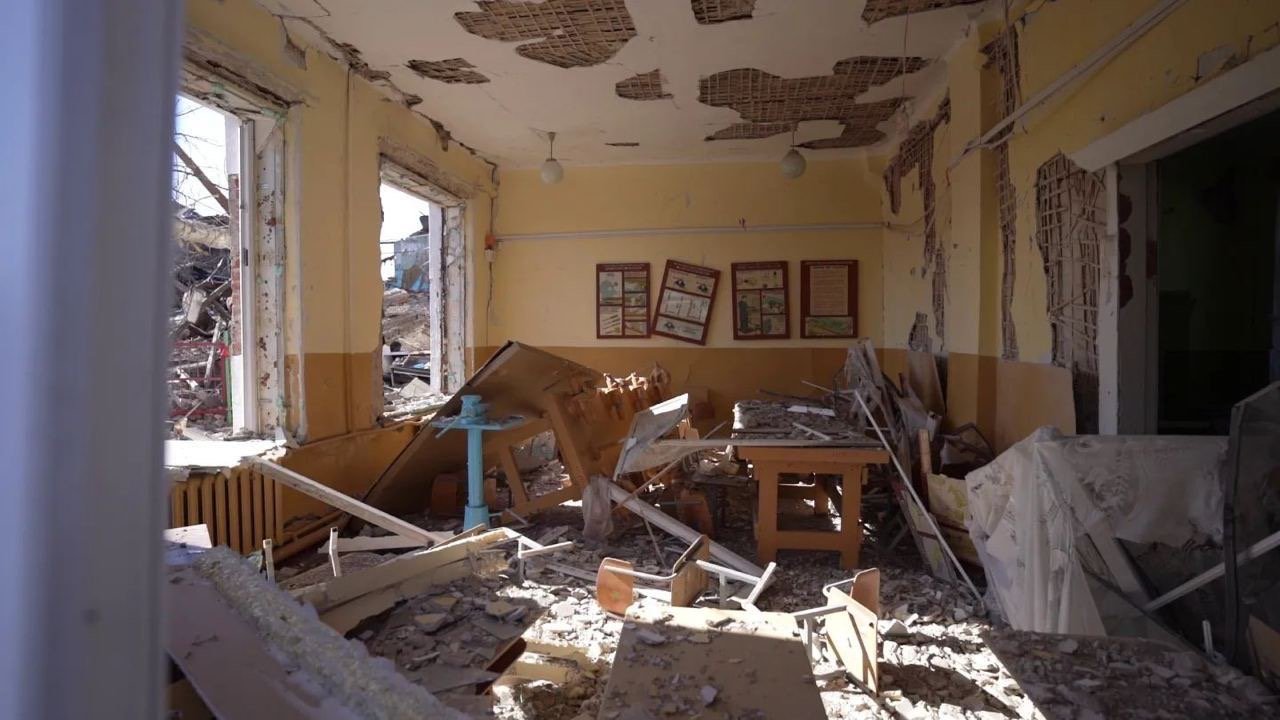
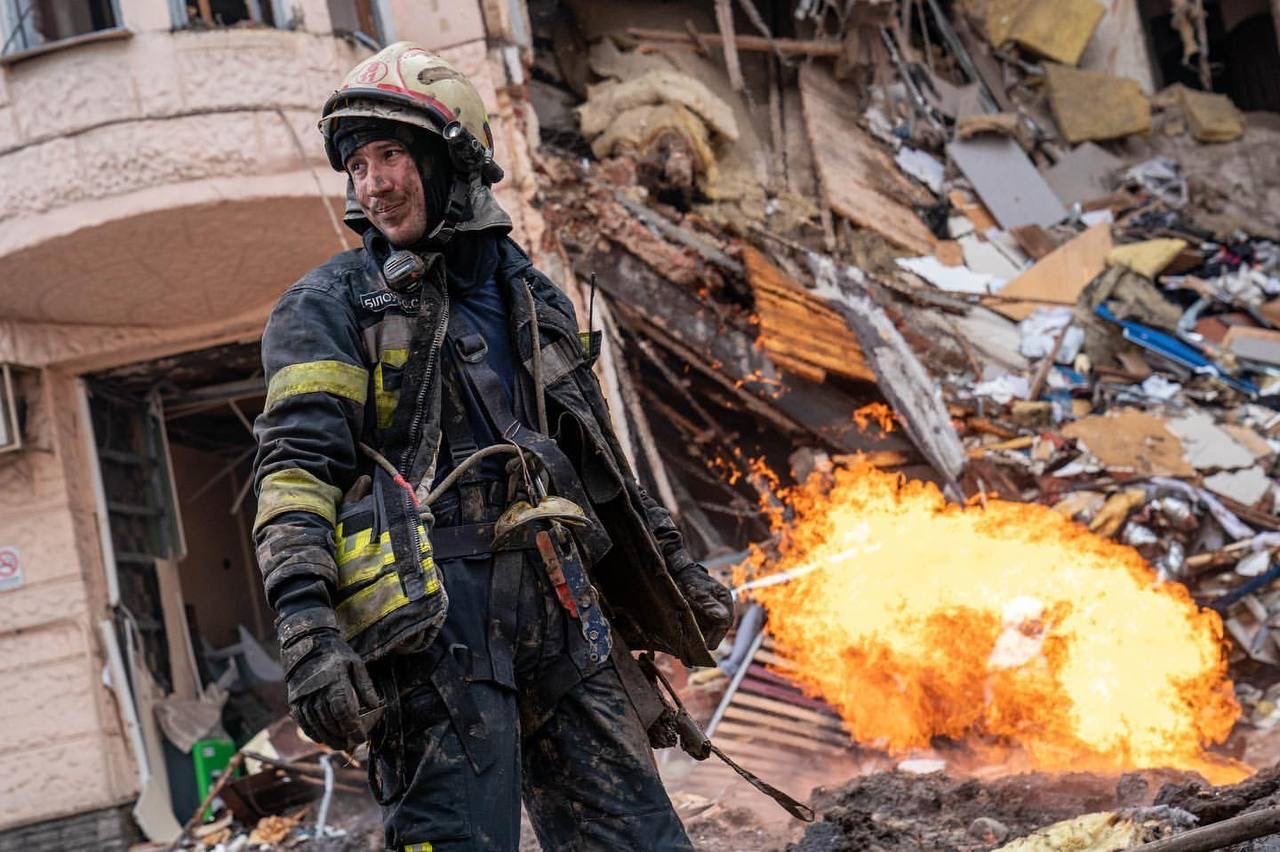
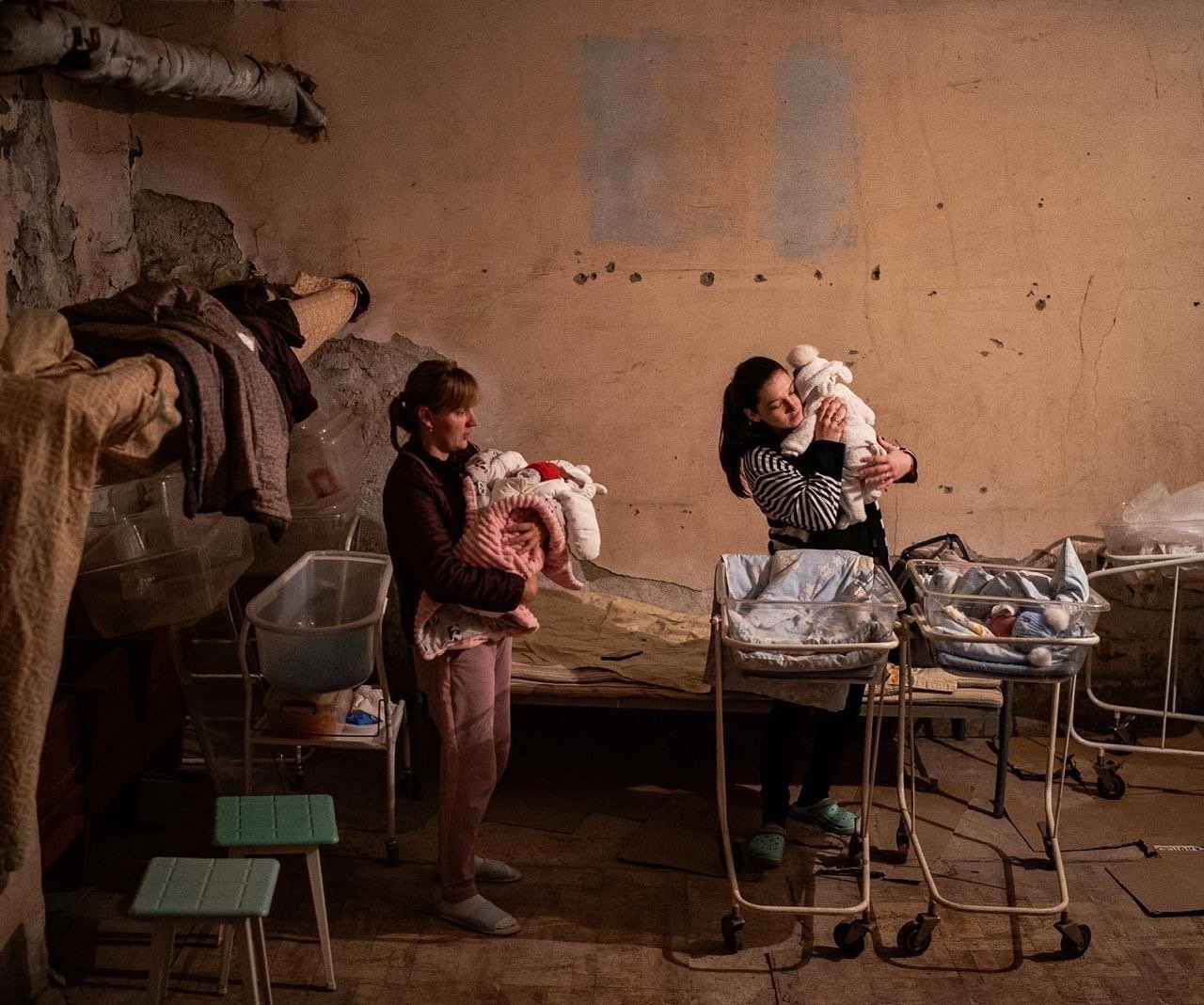
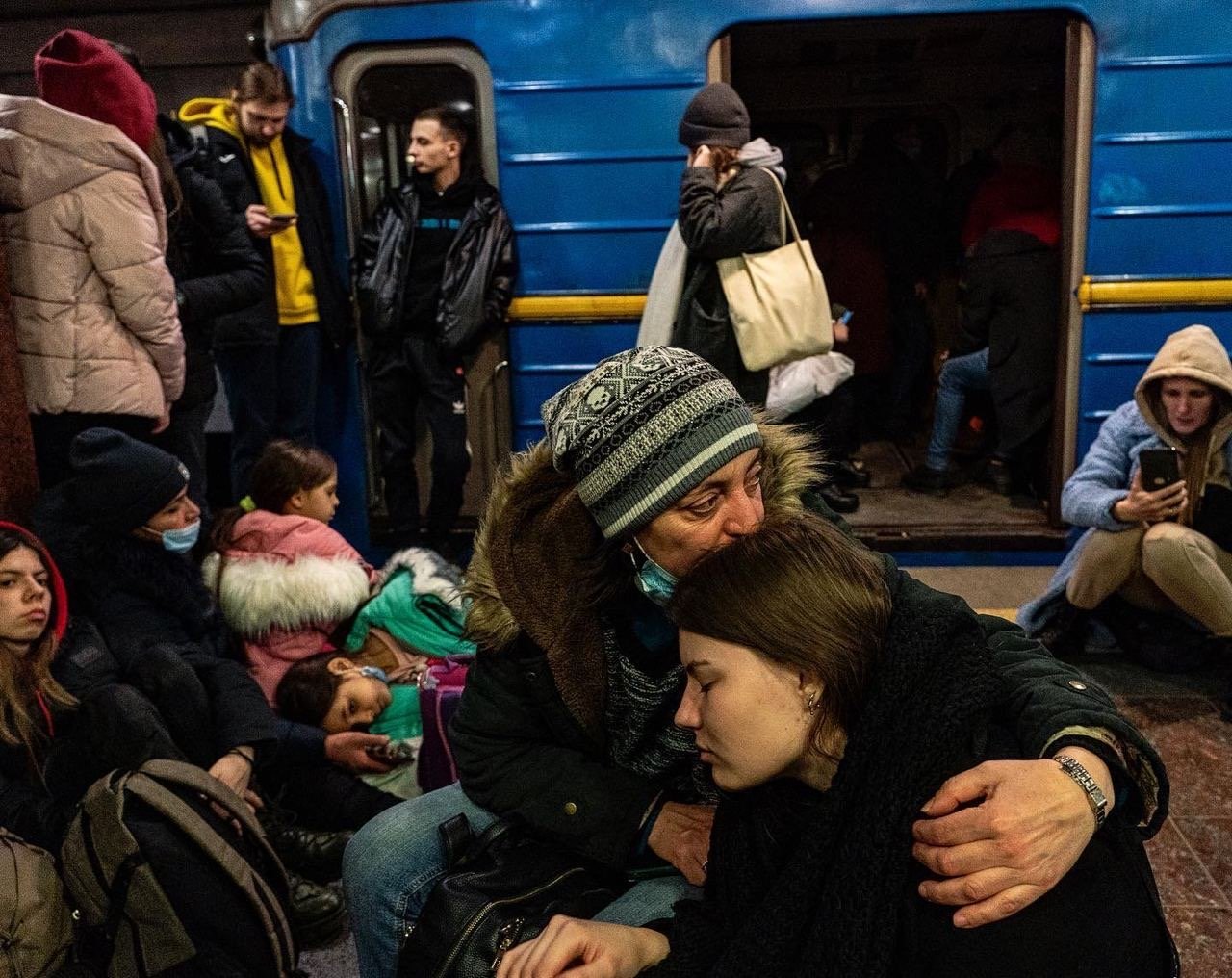
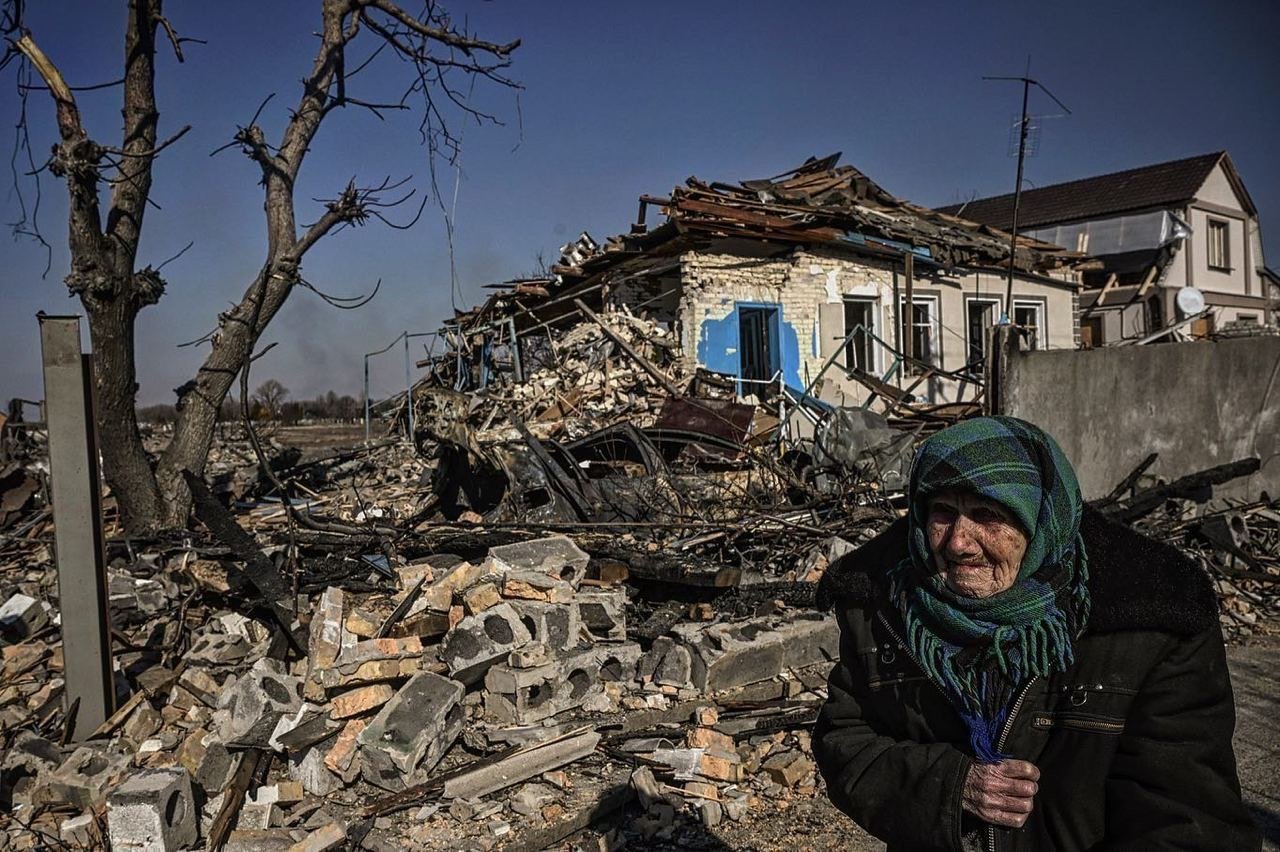
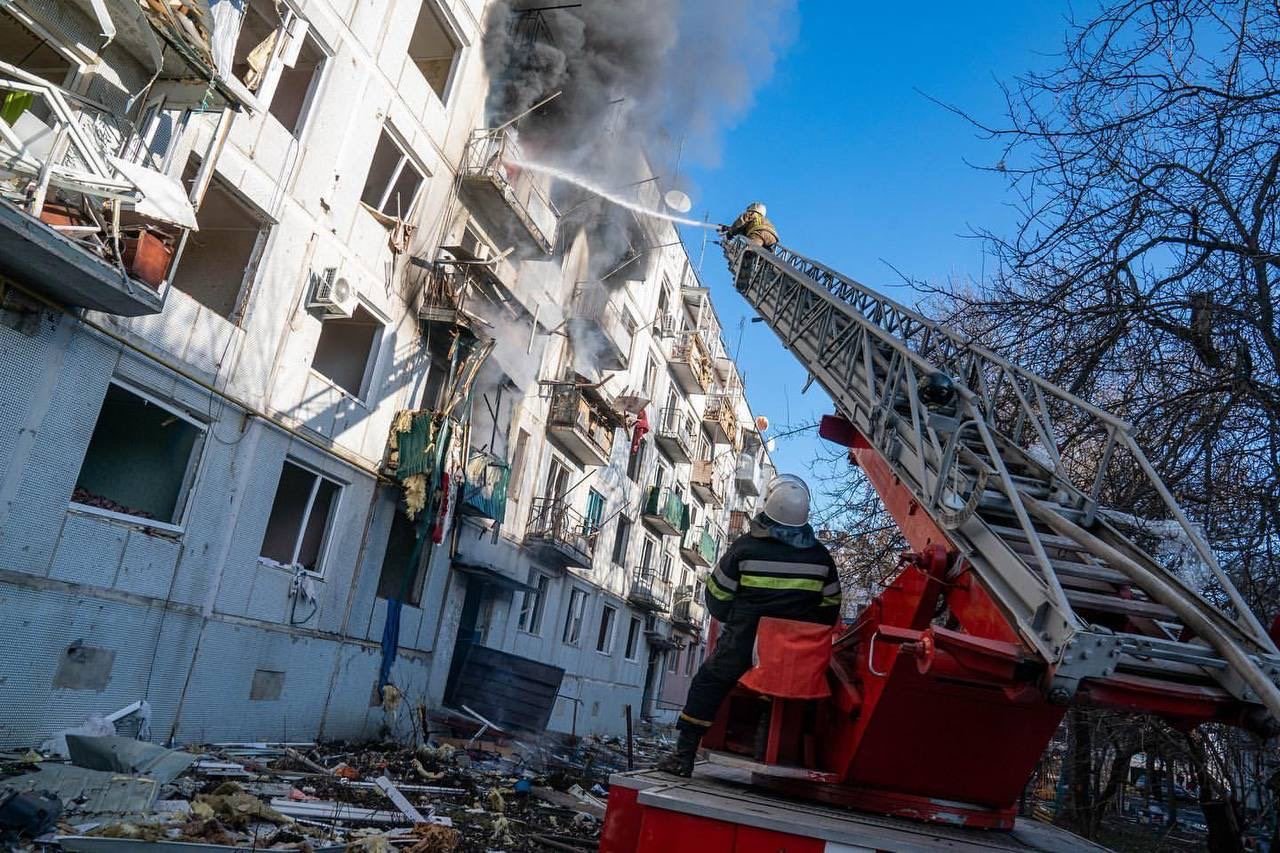
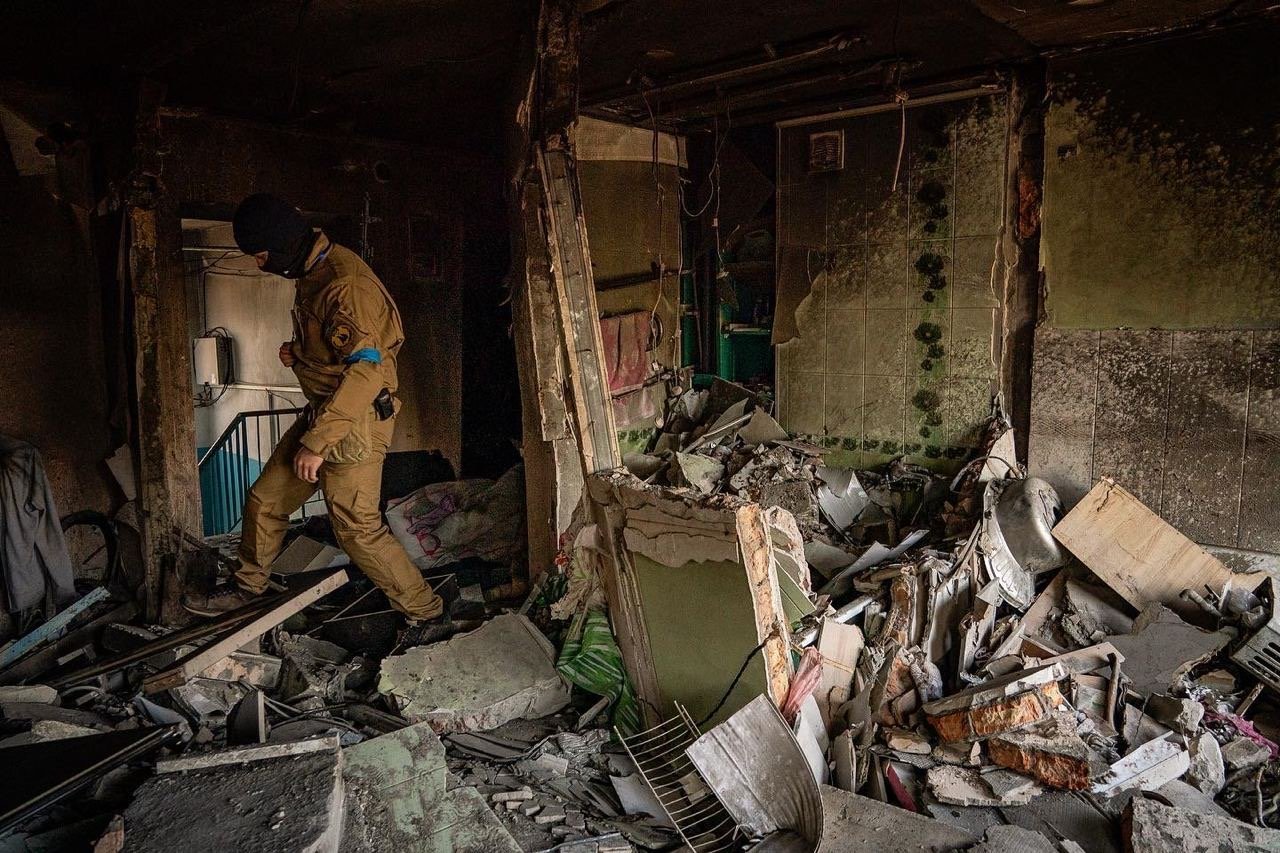
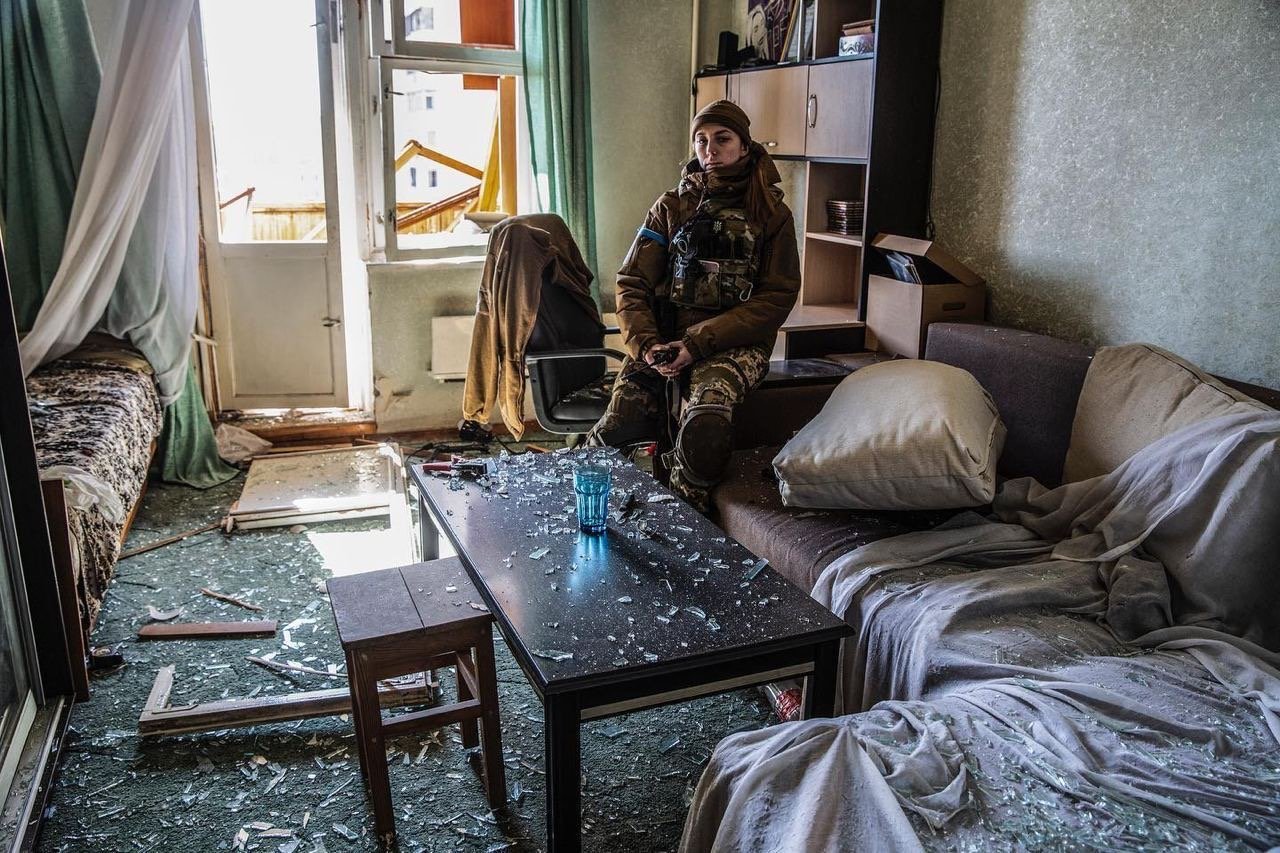
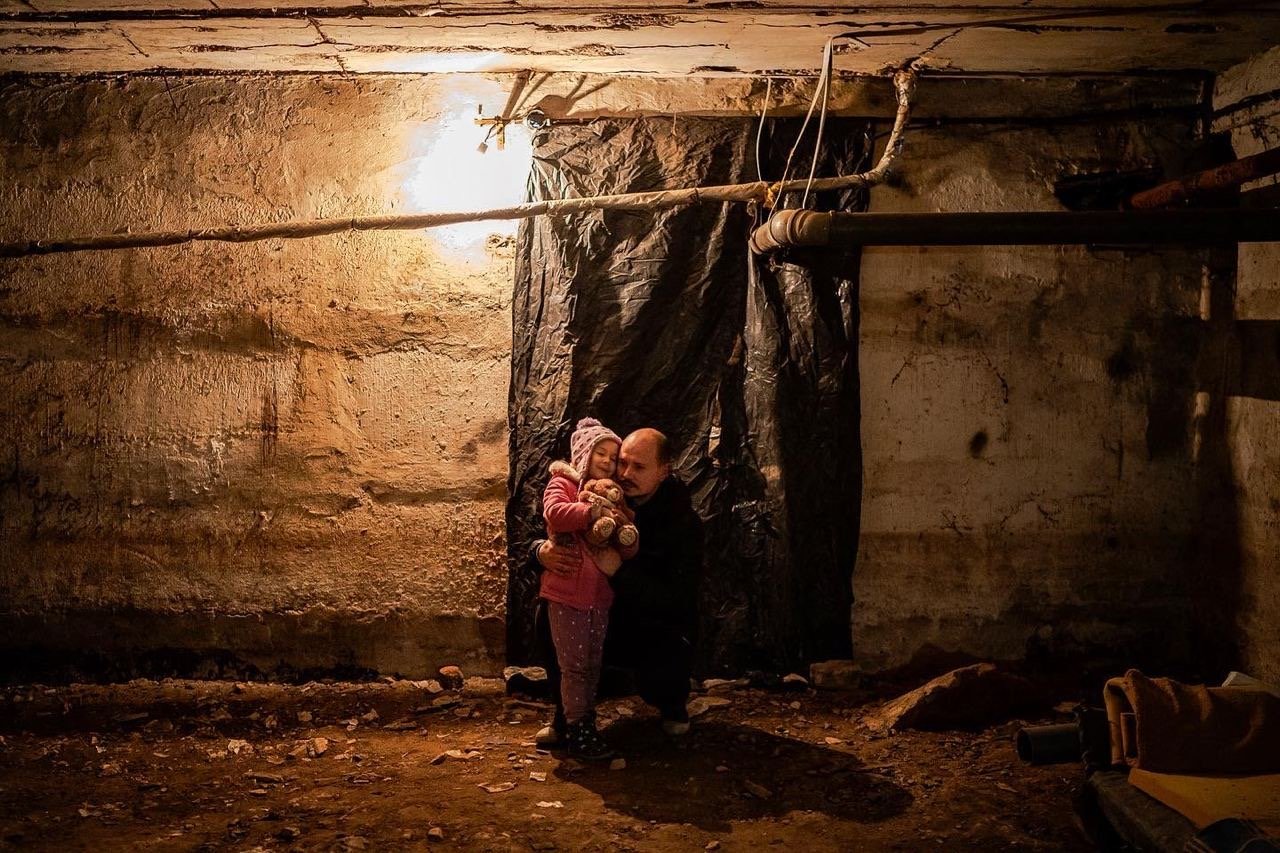
“Without electricity or without them?”
My interest in Applied History began during my undergraduate work at Brigham Young University, where I worked as a research assistant on Assassination and Regime Change. This research aimed to answer the “whys” of assassination as a political tool. The outcome, I discovered, was rarely in the perpetrator’s interest, yet this model of political violence endures.
By properly examining the history and applying its lessons to current dilemmas in foreign relations, pandemic management, or international cooperation, we might have advanced our cause without paying account. The trap of thinking about hindsight snares policymakers and pundits alike. The U.S. citizenry is almost wholly ignorant of America’s true history but is at a crossroads where understanding history is more important than ever.
Applied History + Global Leadership.
Understand the Past. Understand the Future.
“Applied historians begin with a current choice or predicament and attempt to analyze the historical record to provide perspective, stimulate imagination, find clues about what is likely to happen, suggest possible policy interventions, and assess probable consequences” (Walton et al., 2016). The number of salient topics to examine from 2020 alone could comprise a semester of course content. Consider the following and their historical significance as well as historical analogs:
Covid-19 Pandemic | 1918 Great Influenza Pandemic.
A case study of the illness of President Donald J. Trump with the coronavirus and that of Woodrow Wilson with influenza | Policy Outcomes.
The Capitol Riots of January 6, 2021, and the absence of riots in other major democracies
The formation of NATO and the contemporaneous need to form an alliance of techno-democracies as a bulwark against cyberthreats
The New Deal and Franklin Roosevelt | Covid-19 rescue packages and Joe Biden.
Example: I researched the root causes of the Capitol Riots of January 6, 2021. While pundits and media on both sides of the political aisle had explanations for what occurred, the ideas of demagoguery, incitement, and other politically charged explanations have fallen short. Domestic violent extremism (DVE) experts, terrorism experts, and higher education experts have independently but consistently cited a lack of civic education, constitutional understanding, and lack of national self-esteem as reasons for its occurrence. This ignorance has a remedy, and it is through education. I believe that institutions of higher learning need to adopt Applied History into their History Departments, as well as multidisciplinary programs: International Relations, Security Studies, Organizational Leadership, Behavioral Science, and beyond.
Aspirationally speaking, I hope I will have the opportunity to design a course and teach in the Applied History methodology. This course will use these questions put forward by The Applied History Project at The Belfer Center | Harvard Kennedy School for Science and International Relations (Applied History Project, n.d.), to analyze and understand current events and phenomena related to Global Affairs and Leadership.
What (or who) is a current event, group, phenomenon, or individual like?
What lessons can be drawn from an historical event that is relevant to the present?
What if certain historical events had played out differently?
What would a historical leader do today?
What's the overarching story of the state, institution, or issue at hand, and how do foreign actors understand it?
History and Pandemics.
1918 Influenza vs 2019 Coronavirus.
What are the similarities?
What are differences?
Applied History and International Relations.
In America, its citizens and its leaders exist in the “United States of Amnesia” (Allison & Ferguson, 2016) and are the poorer for it. Consider these analogs for abandoning allies, and consider the consequences of President Biden’s withdrawal of the U.S. from Afghanistan:
In Afghanistan, The Tragic Toll of Washington Delusion
Chiang’s Government and China after WWII
Hosni Mubarak and Egyptian stability in 2011*
Ukraine after 2014*
Outcomes from abandoning Kurds in 2019
Appeasement policies in Czechoslavakia and Poland
Did America abandon European Jewry in the 1930s and 1940s?
Did America abandon the Hmong in Laos*?

